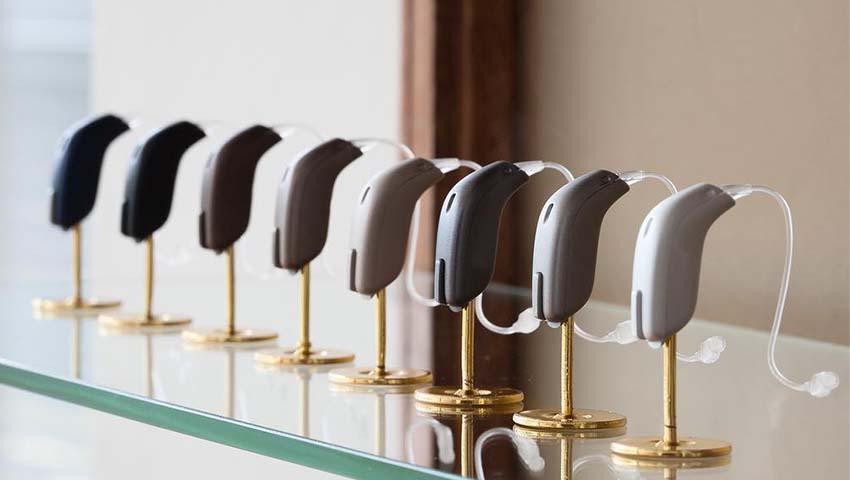Welcome to Ear Hearing Health If you're wondering whether it's time to invest in a new hearing aid, you're not alone. Many individuals with hearing loss reach a point where their current devices may no longer provide the level of support they need. In this post, we'll explore some common signs that indicate it might be time to consider upgrading your hearing aid.
1. Decreased Performance
Are you finding it increasingly difficult to hear conversations, even when wearing your hearing aids? This could be a sign that your devices are no longer providing sufficient amplification or clarity. As hearing loss progresses, your hearing aid needs may change. Upgrading to a newer model with advanced features can often help address these issues and improve your overall hearing experience.
2. Changes in Your Hearing
Hearing loss is not static; it can change over time. If you've noticed a significant decline in your ability to hear, such as struggling to understand speech or follow conversations, it may be time to reassess your hearing aid needs. Your audiologist can conduct a thorough evaluation to determine whether your current devices are still meeting your needs or if it's time to explore newer options.
3. Outdated Technology
Technology evolves rapidly, and hearing aid technology is no exception. If your current hearing aids are several years old, they may be using outdated technology that doesn't provide the same level of performance or convenience as newer models. Upgrading to a more advanced hearing aid can offer features such as Bluetooth connectivity, customizable settings, and improved sound processing, enhancing your overall hearing experience.
4. Physical Wear and Tear
Daily use can take a toll on your hearing aids, leading to physical damage or wear over time. If you notice cracks, scratches, or other signs of wear on your devices, it's essential to have them evaluated by your audiologist. In some cases, repairs may be possible, but if the damage is extensive or affecting performance, it may be time to consider replacing your hearing aids with newer ones.
5. Battery Life Concerns
For those with hearing aids that use disposable batteries, declining battery life can be a significant issue. Constantly changing batteries or experiencing shorter-than-usual battery life can be inconvenient and frustrating. Upgrading to rechargeable hearing aids can eliminate these concerns, offering long-lasting battery life and convenience.
6. Changes in Lifestyle or Needs
Changes in your lifestyle or daily activities may also warrant a new hearing aid. For example, if you've become more active and engaged in social settings, you may benefit from hearing aids with improved noise management and speech recognition capabilities. Similarly, if your job or hobbies involve exposure to moisture or harsh environments, investing in water-resistant or durable hearing aids can help maintain optimal performance.
If you're experiencing any of these signs or have concerns about your current hearing aids, we encourage you to schedule a consultation with our experienced audiologists. They can assess your hearing needs, discuss your options, and help you find the best hearing aids to meet your unique requirements.
At Ear Hearing Health, we're dedicated to helping you achieve better hearing and improved quality of life. Contact us today to learn more about our services and schedule your appointment. Don't let hearing loss hold you back – take the first step towards better hearing today!
Stay connected with us for more helpful tips, resources, and updates on hearing health and wellness. Thank you for visiting Ear Hearing Health!
